Home » Juvenile Detention Abuse Lawyer » Michigan Juvenile Detention Abuse » Detroit Juvenile Detention Abuse
Juvenile detention centers in Detroit and across Michigan should offer a controlled environment to rehabilitate and keep safe young people involved in the justice system.
Unfortunately, in far too many cases, these facilities become places where minors face physical, emotional, and even sexual abuse. Whether staff misconduct, neglect, or an institutional failure to meet the basic needs of detained youth causes the abuse, juvenile detention abuse is a serious issue that affects many families in Detroit and surrounding areas.
If you or someone you know has experienced abuse while detained in a juvenile facility, it’s crucial to understand the legal options available. A Detroit Juvenile Detention Abuse Lawyer can help guide victims through the complex legal process and work toward securing the justice and compensation they deserve.
At TopDog Law, our network of lawyers works to connect clients with qualified attorneys who can evaluate their cases and offer the legal support they need to seek justice for the abuse they suffered.

It costs absolutely nothing to see if you have a case
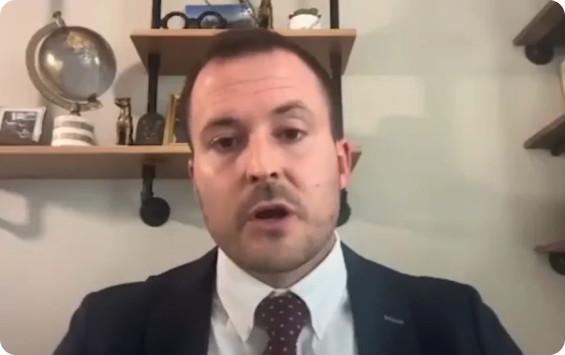
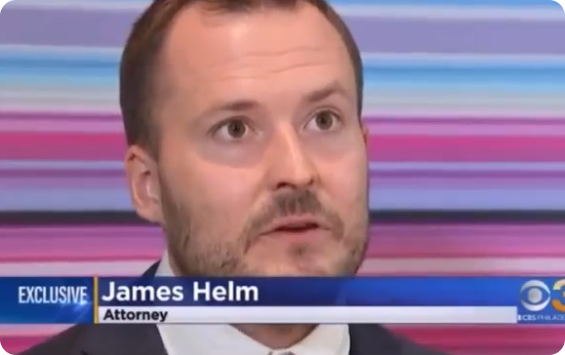
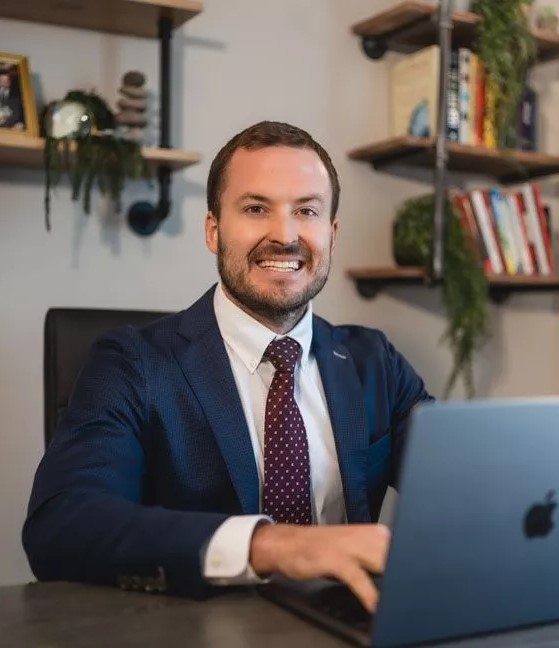
Abuse in juvenile detention can take many forms, from physical violence to emotional mistreatment, and even sexual abuse. Understanding the various types of abuse and how they manifest is essential for recognizing when a minor’s rights have been violated.
The types of abuse in juvenile detention centers include:
Juvenile detention facilities are particularly vulnerable to abuse due to various systemic issues.
Some of these issues include:
If you or a loved one has experienced abuse while detained in a juvenile facility, several legal options can help pursue justice.
Legal action in these cases may include filing a civil lawsuit, seeking compensation, or addressing constitutional rights violations.
A victim of juvenile detention abuse can seek justice through the legal system:
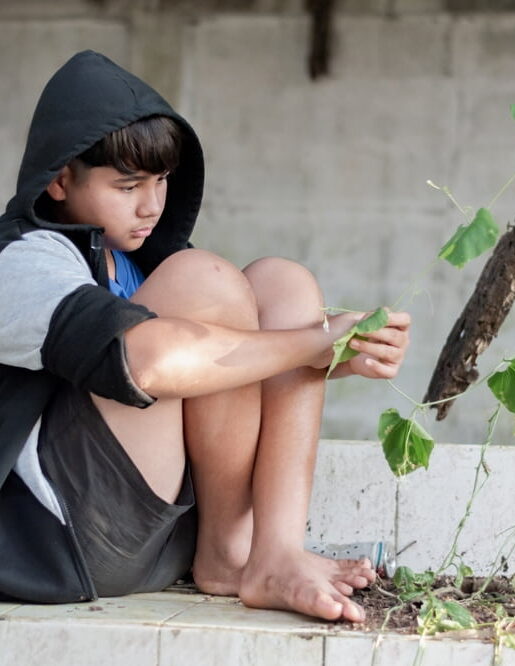
A local lawyer in Detroit can play a crucial role in helping victims of juvenile detention abuse navigate the legal system.
Victims with a lawyer who understands the complexities of juvenile law and civil rights issues place themselves in a better position to pursue justice when working.
Local lawyers know the state and local laws governing juvenile detention centers and can provide valuable assistance in:
TopDog Law’s referral network includes lawyers licensed to practice in specific jurisdictions and have experience handling personal injury and civil rights cases.
When you contact TopDog Law, their team will assess the details of your situation and refer you to a local lawyer who can help you pursue legal action for juvenile detention abuse.
A local lawyer is often a viable resource for victims of juvenile detention abuse because they understand the local laws and procedures governing these cases. Local lawyers are also well-versed in the unique challenges of juvenile detention abuse claims and can provide invaluable guidance and representation.
Working with a lawyer licensed in your state or jurisdiction is essential for ensuring your case is handled properly. Local lawyers have a deep understanding of the laws that apply to juvenile detention centers in your area, which can significantly impact the outcome of your case.
Additionally, local lawyers are familiar with their region’s courts and legal systems, which can streamline the legal process and help your case move forward more efficiently. Their connections with local law enforcement, medical professionals, and other experts may also benefit your case.

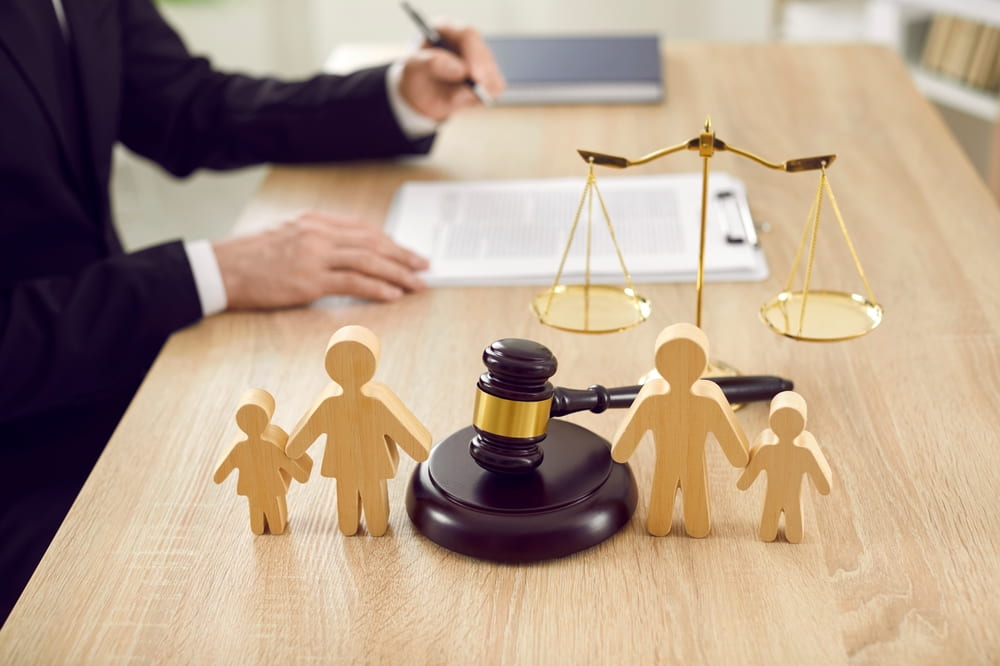
Once a local lawyer takes on your case, you can expect a thorough investigation into the details of the abuse. The lawyer will gather evidence, speak with witnesses, and consult medical professionals if necessary to assess the full extent of the harm done.
Depending on the case’s specifics, the lawyer may pursue various legal avenues, including filing claims for compensation or seeking a settlement.
One of the first steps in any legal case is a thorough investigation. A local lawyer will gather all relevant documentation, including medical records, incident reports from the detention facility, and testimonies from potential witnesses. The lawyer may also consult experts who can help assess the extent of the harm caused.
Once the investigation is complete, the lawyer will determine the best course of action. This may include filing a personal injury or civil rights claim, depending on the nature of the abuse and the parties responsible.
The outcome of a juvenile detention abuse case can vary depending on the circumstances. Sometimes, the victim may receive financial compensation for damages, including medical expenses, pain and suffering, and emotional distress.
In other cases, the focus may be on holding the responsible parties accountable, which can help prevent future abuse and improve conditions for other detained juveniles.
When it comes to juvenile detention abuse, acting quickly is crucial. Evidence can degrade over time, and statutes of limitations may limit the window for filing claims. Taking prompt action increases the chances of gathering crucial evidence and securing a favorable outcome for your case.
Taking action sooner rather than later ensures that your legal rights are protected. With the help of a local lawyer, you can take the necessary steps to address the abuse and begin the healing process.
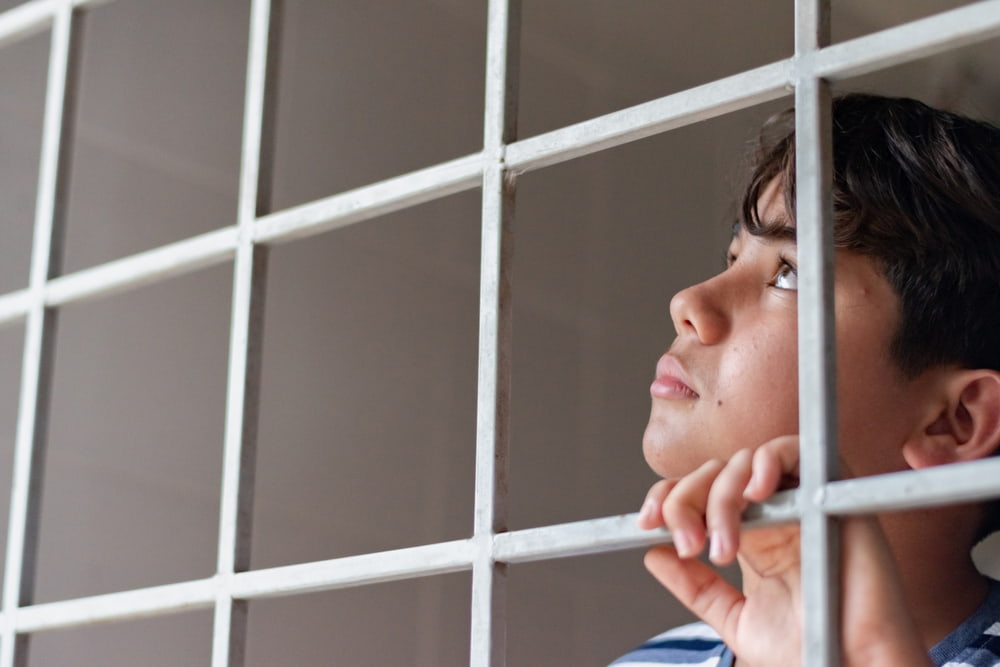
You may file a lawsuit if a juvenile detention facility abuses your child. Depending on the case, you could pursue a civil rights or personal injury claim to seek compensation and hold the responsible parties accountable.
Illegal abuse in juvenile detention can include physical harm (such as beatings), sexual abuse (assault or harassment), emotional abuse (verbal threats or intimidation), and neglect (failure to provide adequate care or medical attention). These actions violate the rights of detained minors.
Statutes of limitations for filing legal claims vary by state. Act quickly to file your case within the allowed timeframe. Consulting a local attorney soon after an incident can preserve your legal rights.
A local lawyer can investigate the abuse, gather evidence, and determine a sufficient legal approach. They can also file claims on your behalf, negotiate for compensation, or represent you in court if necessary. A lawyer will handle your case properly and efficiently.
TopDog Law does not handle cases directly. Instead, this service connects clients with a network of experienced local lawyers who can evaluate and pursue legal action on their behalf. We work to match you with the right lawyer for your case.
If your child was abused, you may be entitled to compensation for medical expenses, emotional distress, and other damages. A local lawyer can help assess the value of your case and pursue the compensation your child deserves.
No child should have to endure abuse while in detention. If you or a loved one has experienced mistreatment, you have legal options. By working with a local lawyer, you can pursue justice and compensation for the harm caused.
TopDog Law is here to connect you with the right lawyer in Detroit who can help guide you through this challenging process and ensure your case is handled with the care and attention it deserves. Call (313) 751-9628 today to start your journey toward justice and healing.

645 Griswold Street, Suite 1309
Detroit, MI 48226
TopDog Law is known for its relentless pursuit of justice. Our experienced team fights tirelessly to secure maximum compensation for our clients, ensuring every case is handled with dedication and determination.
We understand the emotional and financial toll that personal injuries can take. That’s why we prioritize open, compassionate communication and provide tailored support throughout the legal process. With free consultations and a contingency fee model, you won’t pay a dime unless we win your case.
With TopDog Law on your side, you can rest assured that you have a tenacious, experienced team fighting to get you the compensation you deserve, no matter where you’re located.
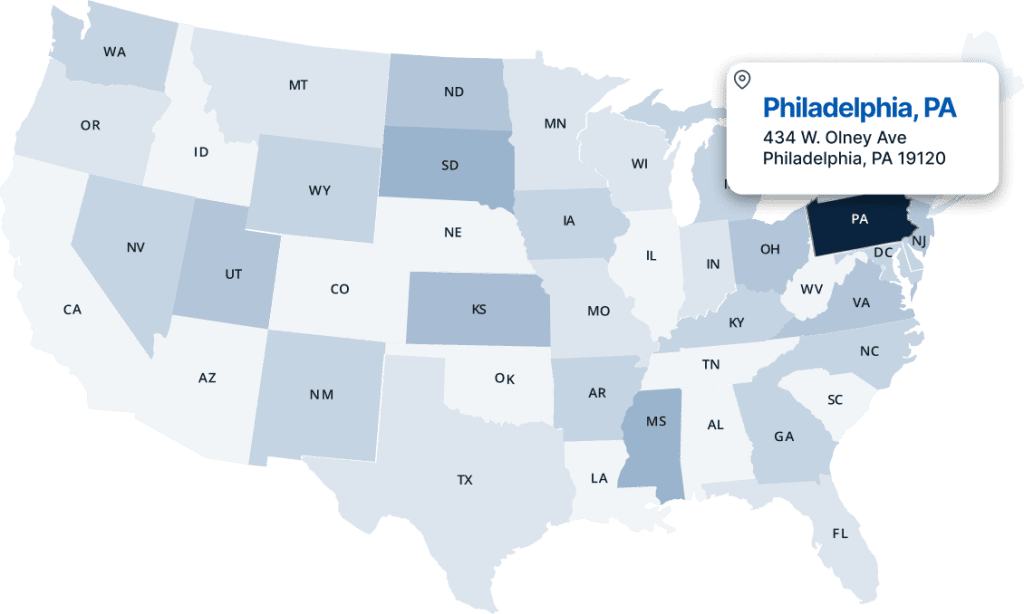
TopDog Law is a national marketing network for law firms, including Helm Law Group, LLC, which license the TopDog Law name and separately operate in states where they are each licensed. James Helm is licensed to practice in Arizona and Pennsylvania. Helm Law Group, LLC operates in Arizona.
3225 Cumberland Blvd, Ste 100
Atlanta, GA 30339
111 Presidential Blvd., Suite 251
Bala Cynwyd, PA 19004
1 South St, Suite 2125A
Baltimore, MD 21202
950 22nd Street N. Suite 600
Birmingham, AL 35203
361 Newbury Street, 3rd Floor
Suite 310
Boston, MA 02115
305 E 204th St.
Bronx, NY 10467
215 E 5th St, Unit 1 Suite 400-3
Brooklyn, NY 11218
1207 Delaware Ave, Suite 012
Buffalo, NY 14209
101 N Tryon St. Suite C
Charlotte, NC 28246
6343 S Western Ave.
Chicago, IL 60636
2217 E 9th St, Suite A
Cleveland, OH 44115
66 S Logan St Suite B
Denver, CO 80209
645 Griswold Street, Suite 1309
Detroit, MI 48226
863 Massachusetts Ave 2nd floor Suite B
Indianapolis, IN 46204
317 E Capitol St suite 200C
Jackson, MS 39201
1701 Troost Ave suite 202b
Kansas City, MO 64108
#8 Shackleford Plaza, Suite 304
Little Rock, AR 72211
8124 W 3rd St, Suite 201
Los Angeles, CA 90048
3385 Airways Blvd Unit 301F
Memphis, TN 38116
1433 N Water St Suite 400D
Milwaukee, WI 53202
600 Mount Prospect Avenue, Suite A
Newark, NJ 17104
66 Franklin St, Suite 300C
Oakland, CA 94607
5627 Germantown Ave Suite 420
Philadelphia, PA 19144
2700 N Central Ave Suite 320B
Phoenix, AZ 85004
6425 Living Place, Suite 200
Pttsburgh, PA 15206
920 West Sproul Road, Suite 201
Springfield, PA 19064
4625 Lindell Blvd Suite 200 & 300C
St. Louis, MO 63108
1150 Connecticut Ave NW, Suite 802B
Washington, DC 20036
6832 W North Ave Suite 2A
Chicago, IL 60707
3509 Haverford Ave, Suite 102
Philadelphia, PA 19104
Copyright 2025 All Rights Reserved © TopDog Technologies, Inc. and Helm Law Group, LLC
403 Olde House Lane Media, PA 19063
